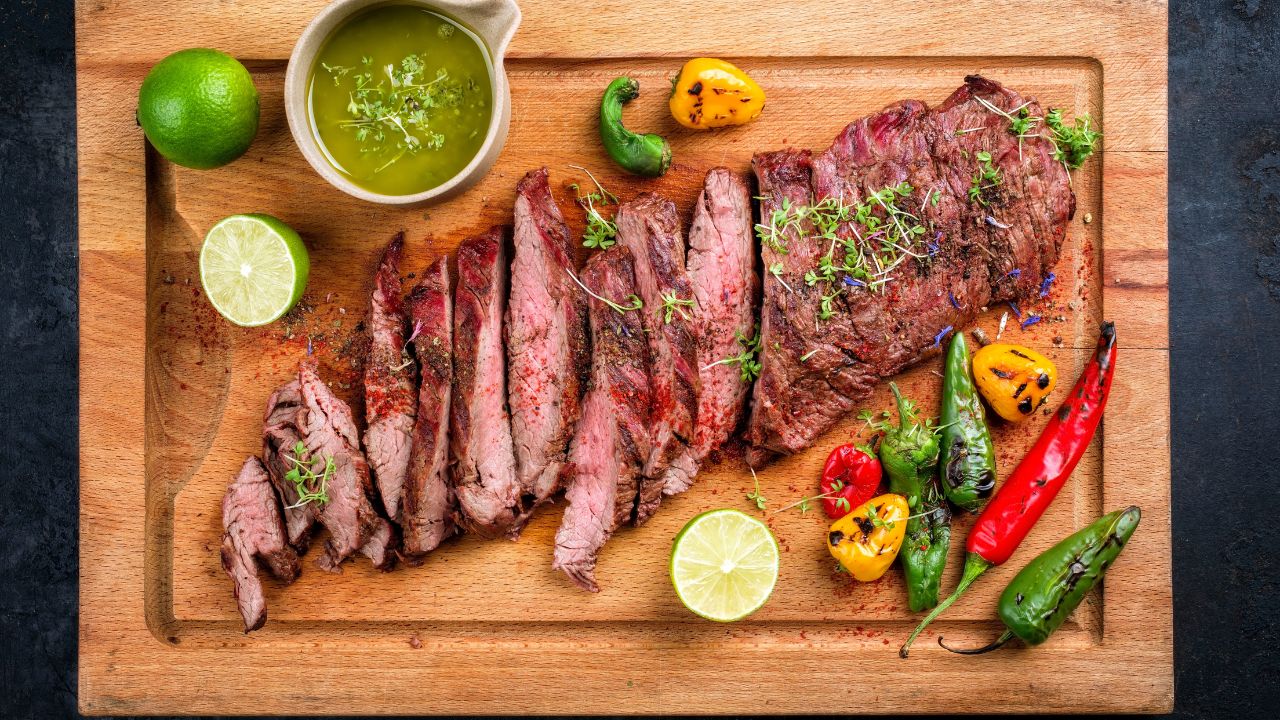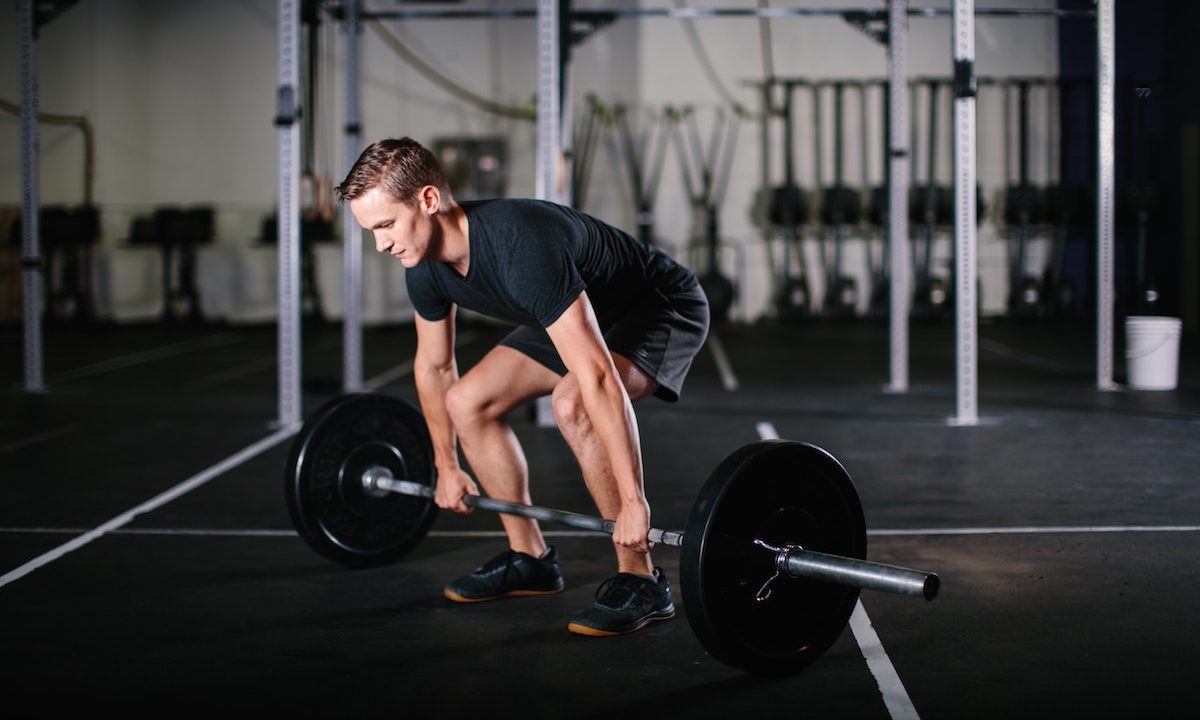Powerlifters and beefcakes often chow down on beef, steak, chicken, and other meats and fish. When they’re not, they’re swigging a protein shake or talking about protein and gains. In a large systematic review and meta-analysis, researchers concluded that animal protein tends to have a more favorable effect on lean mass compared to plant protein, with an even more significant benefit in younger adults.
Complete proteins

The researchers stated that animal protein stimulates muscle growth more than vegan protein, largely because of the lack of complete proteins. Not all types of plant-based protein are complete. At the same time, the researchers stated that the protein source isn’t likely to impact muscle strength.
Protein is made up of 20 amino acids, of which nine are essential and your body can’t make them, so you have to get them from your diet. Your body needs complete protein sources and all 20 amino acids for muscle growth to take place.
The power of protein

Protein is a necessary macronutrient that helps your muscle cells regenerate, and it’s also important for your bones, heart, immune system, and cognition. Eating protein-rich foods helps your muscles repair and regenerate when your muscle fibers break down after resistance training or strength training.
We often hear that animal protein is the superior protein source, especially if you want to get more powerful and ripped. What about for vegans? Does vegan protein really help you build muscle? Recently, researchers explored.
The study

In a randomized controlled trial published in the Journal of Medicine & Science in Sports & Exercise, researchers investigated whether animal protein works better than vegan protein and whether it matters if you evenly balance your protein intake throughout the day. The trial involved 40 men and women who were both healthy and physically active between the ages of 21 and 29.
Before the trial kicked off, the participants followed a week-long standardized diet. During the study, participants consumed a weight-maintenance diet with 1.1 to 1.2 grams of protein per kilogram of body weight. The healthy young adults completed three full-body resistance training sessions.
The study groups

Study participants were categorized into two groups:
- The omnivore group consumed 70% animal protein.
- The vegan group ate only complete protein from plant-based sources.
The researchers also split the participants into more groups:
- The balanced groups consumed about 20% of their daily protein intake between five snacks or meals.
- The unbalanced group ate their protein across three meals, eating the highest amount in the evening. For their first meal, they consumed 10% of their protein, for their second meal, they consumed 30%, and for their third meal, the remaining 60%.
Participants drank a lot of water daily to help the researchers measure muscle protein synthesis rates.
The results

Here are the results:
- There were no differences in muscle protein synthesis between vegans and omnivores.
- There were no differences in muscle protein synthesis between balanced and unbalanced groups.
The takeaway

This study indicates that both animal and plant-based protein sources can help you build muscle when you’re resistance training, as long as the protein is complete. While this is a small study of only 40 adults, the results show that we don’t need to overthink our protein sources; we just need to make sure they’re complete. Some of the best complete vegan protein sources include buckwheat, tofu, and quinoa. We’ll stay tuned for more research on how to optimize those gains.




